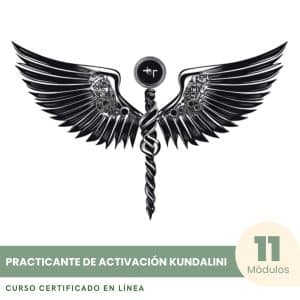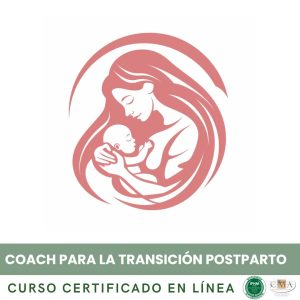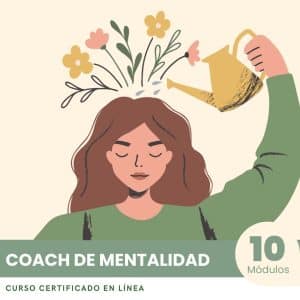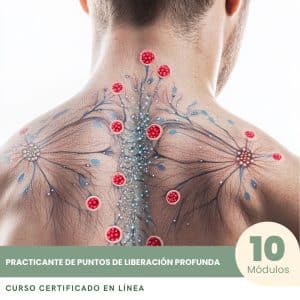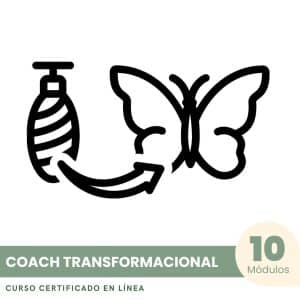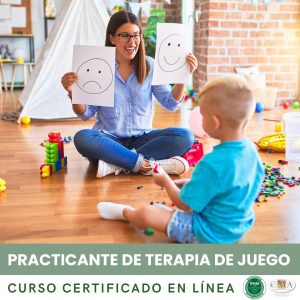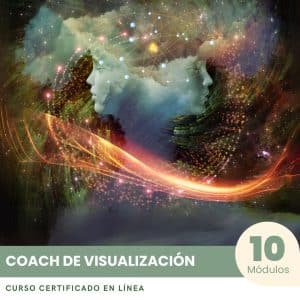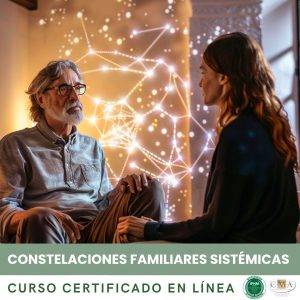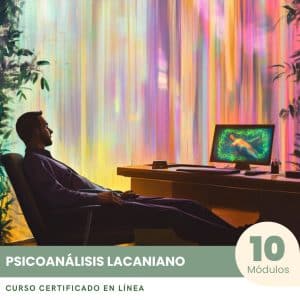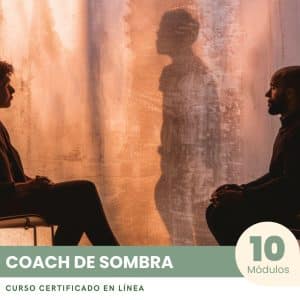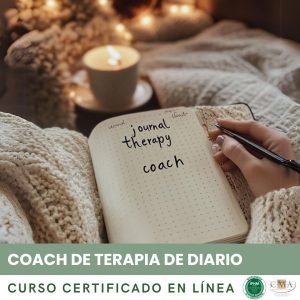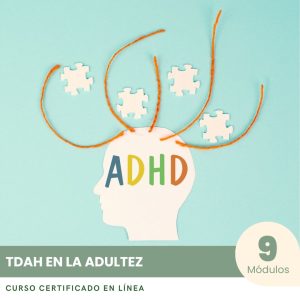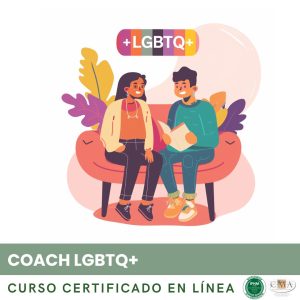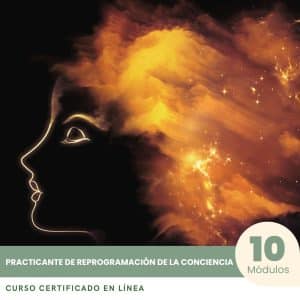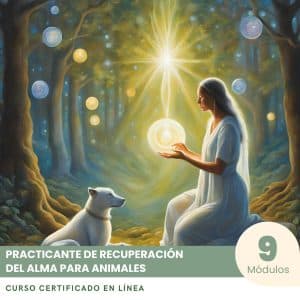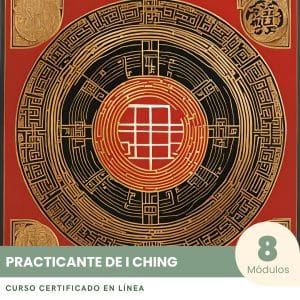Module 7 – The Exploration Tools of Ikigai
Introduction
Welcome to this training module dedicated to Ikigai exploration tools. Throughout this module, we will discover and deepen a range of powerful and complementary tools to guide the client in clarifying and achieving their Ikigai, their reason for being.
We will start by exploring the Venn diagram of the 4 Ikigai circles, a visual tool that allows us to represent and analyze the different dimensions of the Ikigai: passion, talent, world’s need, and remuneration. We will see how to use this diagram to identify areas of convergence and tension, and to guide the client towards an integrated vision of their deep aspiration.
Next, we will discover self-assessment questionnaires of passions, values, and talents, introspective tools that enable the client to clarify their deep motivations, guiding principles, and unique strengths. We will see how to use these questionnaires appropriately and how to derive insightful insights for the rest of the coaching.
We will also explore exercises for visualizing the ideal future, to help the client imagine a fulfilling and Ikigai-aligned future. We will see how to guide these visualizations in an immersive way and how to turn them into motivation and action drivers.
We will delve into meditation and mindfulness techniques, valuable tools for cultivating self-awareness, inner clarity, and alignment with one’s Ikigai. We’ll discover different practices adapted for coaching, and see how to seamlessly and personalized integrate them.
We will discuss guided journaling, an introspective writing tool that allows the client to explore their inner world, clarify their aspirations, and generate insights. We’ll see how to propose relevant questions and reflection themes, and how to use the journal as a support for dialogue and progression.
We will study the personal SWOT analysis, a strategic tool to clarify strengths, weaknesses, opportunities, and threats in achieving the Ikigai. We will see how to carry out this analysis in a constructive way and how to derive concrete action lines from it.
We will explore the wheel of life, a visual tool for assessing balance and satisfaction in the various areas of existence, in relation to Ikigai. We’ll see how to use this tool dynamically, to identify imbalances and drivers of fulfillment.
We will delve into the value scale, a tool to clarify the fundamental principles guiding the client’s choices and actions. We will see how to identify and rank these values, and how to link them with the other dimensions of the Ikigai.
We will discover mind mapping, a creative mapping tool for ideas and exploration paths. We’ll see how to use this visual tool to bring forth new connections and to organize reflection organically.
Finally, we will explore the life line, a tool for reviewing and putting personal journey in perspective. We’ll see how to retrace the steps and turning points of the client’s story, to derive meaning, and clarify the direction to be given to their future aligned with their Ikigai.
Throughout this module, we will ensure to show the complementarity and synergy between these different tools, to provide the coach with a rich, integrated palette to support the journey towards the Ikigai. We will illustrate each tool with concrete examples and testimonials to facilitate its appropriation and implementation.
We wish you an excellent exploration of these fascinating tools, which are all keys to reveal and achieve the unique Ikigai of each client.
